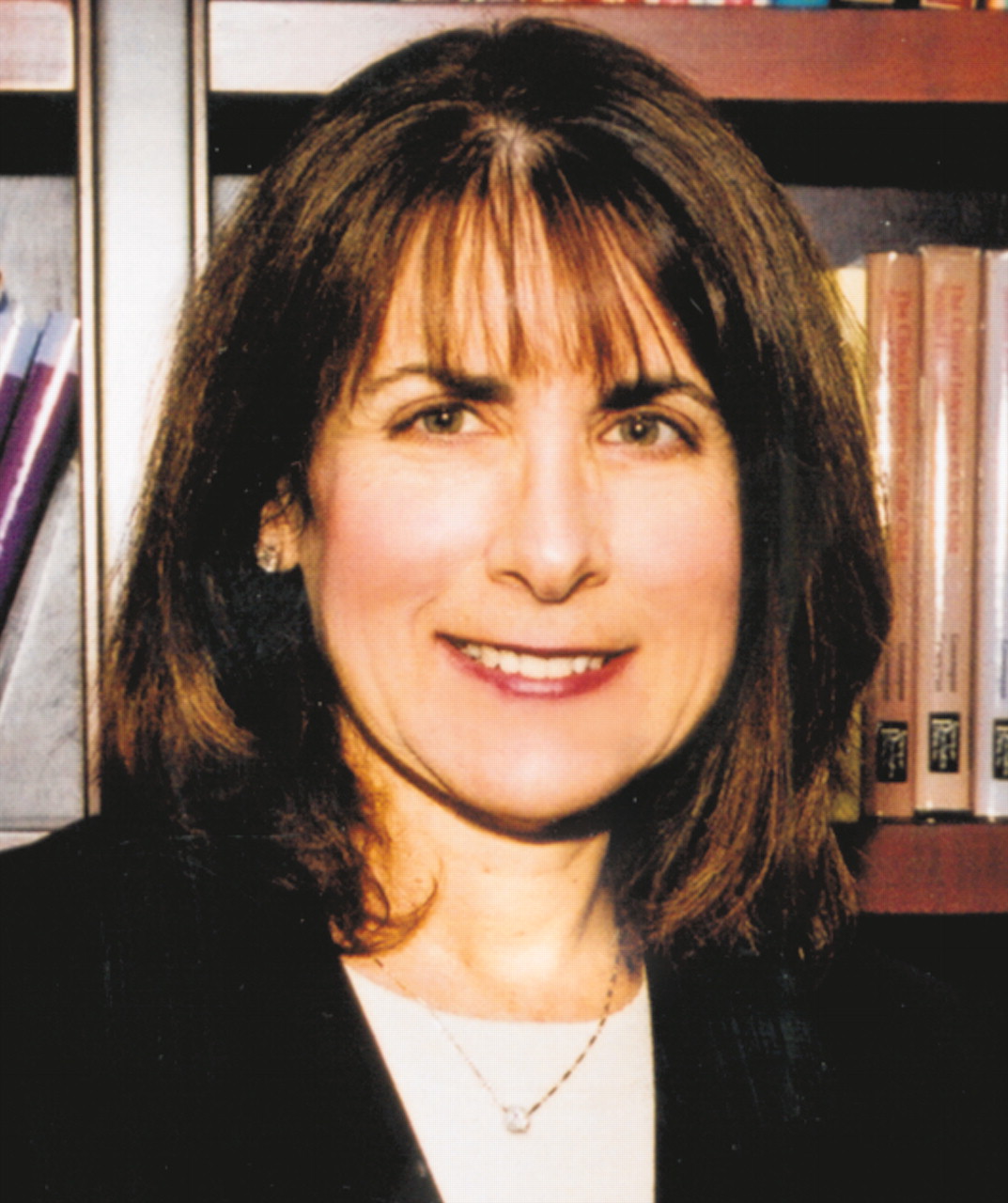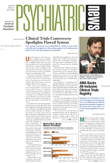Throughout June, many of us had the privilege of watching a new generation of psychiatry residents graduate and make plans for exciting positions in such areas as academia, private practice, community psychiatry, and advanced residency training. Faculty and staff appreciated the opportunity to have taught and learned from these graduates.
At the University of Michigan graduation exercises, the graduates asked Timothy Florence, M.D., an early career psychiatrist, former University of Michigan resident, and clinical assistant professor of psychiatry in our department, to address the class. Tim was chosen because of who he is and the work he does—he cares for homeless mentally ill people on the streets and shelters of Washtenaw County. Tim is co-director/physician lead of the Project Outreach Team (PORT), a program designed to engage and treat homeless mentally ill people. He is also the staff psychiatrist at Crisis Residential Services.
The psychiatry residents have watched “Dr. Tim,” as his patients call him, show respect and provide a sense of dignity and humanity to patients who are living on park benches, in cardboard boxes, and in front of stores. It has not gone unnoticed that he treats his “clinic” patients with kindness, is generous with his sense of humor, and gives them a sense of hope and direction. So it was not surprising that the graduating class asked Tim to give the farewell address.
Tim shared his transition from resident to attending psychiatrist by describing the “top 10” lessons he has learned along the way.
With gracious permission from Tim, I am sharing his list with you because these points serve us all well and provide opportunities for reflection.
1.
Find a mentor. Although you have now graduated from the 24th grade, believe it or not, your learning has only just begun, and the learning curve remains steep.
2.
The best way to learn is to teach. So consider doing it.
3.
Do something that you enjoy. Whatever you elect to do with your career, you'll likely be doing a lot of it.
4.
Don't forget about your patients. When working as a clinician, be present to your patients. This may sound obvious to you now, but it may not always seem obvious in the future. As former surgeon general Antonia Novello, M.D., a former University of Michigan graduate, is fond of saying,“ Patients don't care how much you know until they know how much you care.”
5.
Slow down from time to time. Reclaim time to think. In the words of Margaret Wheatley, an organizational consultant, “We need time to think, to learn, to get to know each other. We are losing these great human capacities in the speed up of modern life, and it is killing us.”
6.
Don't wear tight shoes. This was a Florence lineage phrase, made popular by Tim's grandfather, but may be related to “don't be too uptight; take time to laugh, make friends, and find a balance in life.”
7.
Find a passion; and when life speaks, listen. If given the chance to do something with your career in which you believe strongly, take it.
8.
Master the art of conversation. Tim noted that ideas for a strong community psychiatry program started by people talking about a local problem, sharing their visions, and continuing to converse.
9.
Shoot for the moon—you may not get there, but at least you'll get somewhere. Tim's work in community psychiatry focused on his belief that access to mental health care is a right, not a privilege, and that homelessness is unacceptable. Period. These two goals remain central to his approach in his work.
10.
Take care of your community. With privileges come responsibilities. To whom much is given, much is expected. Dr. Novello noted, “Service is the rent you pay for living.”
As Tim concluded his remarks, we gave him a standing ovation and left feeling that if he is typical of the graduates we are preparing to practice psychiatry, our future bodes extremely well.
All of our psychiatry residents in programs throughout the United States and Canada—armed with the knowledge, skills, and abilities to provide quality care to patients and families, and with the promise of holding a position of honor and respect in the community as a psychiatrist—are fortunate to have the opportunity to do something they are passionate about, to teach, to serve, to care for patients.
This is what continues to inspire us all. Our early career psychiatrists are able to look back and at the same time look forward and be role models, teachers, and supervisors for medical students and residents. They are probably the busiest group of psychiatrists in our membership, but they are also some of the wisest.
Thanks, Tim! ▪

